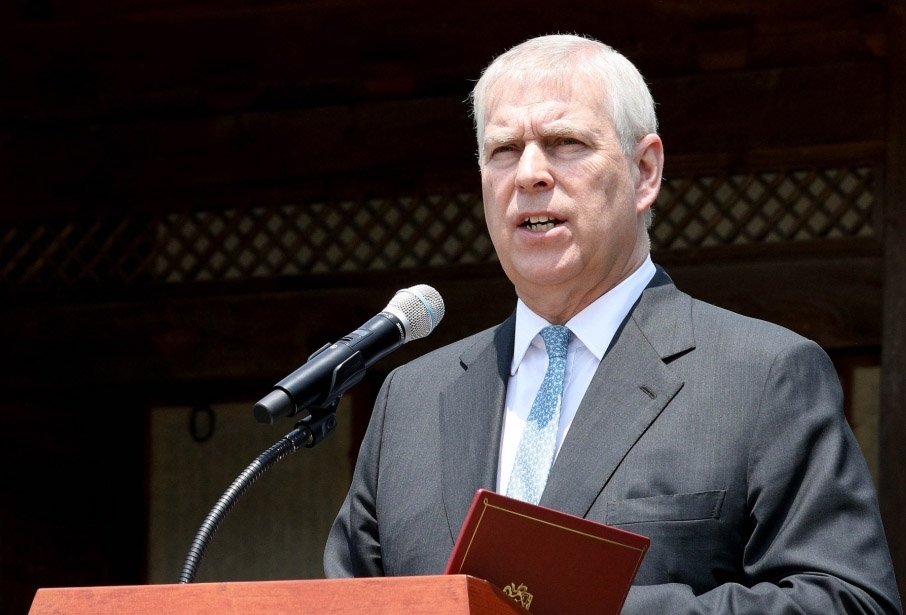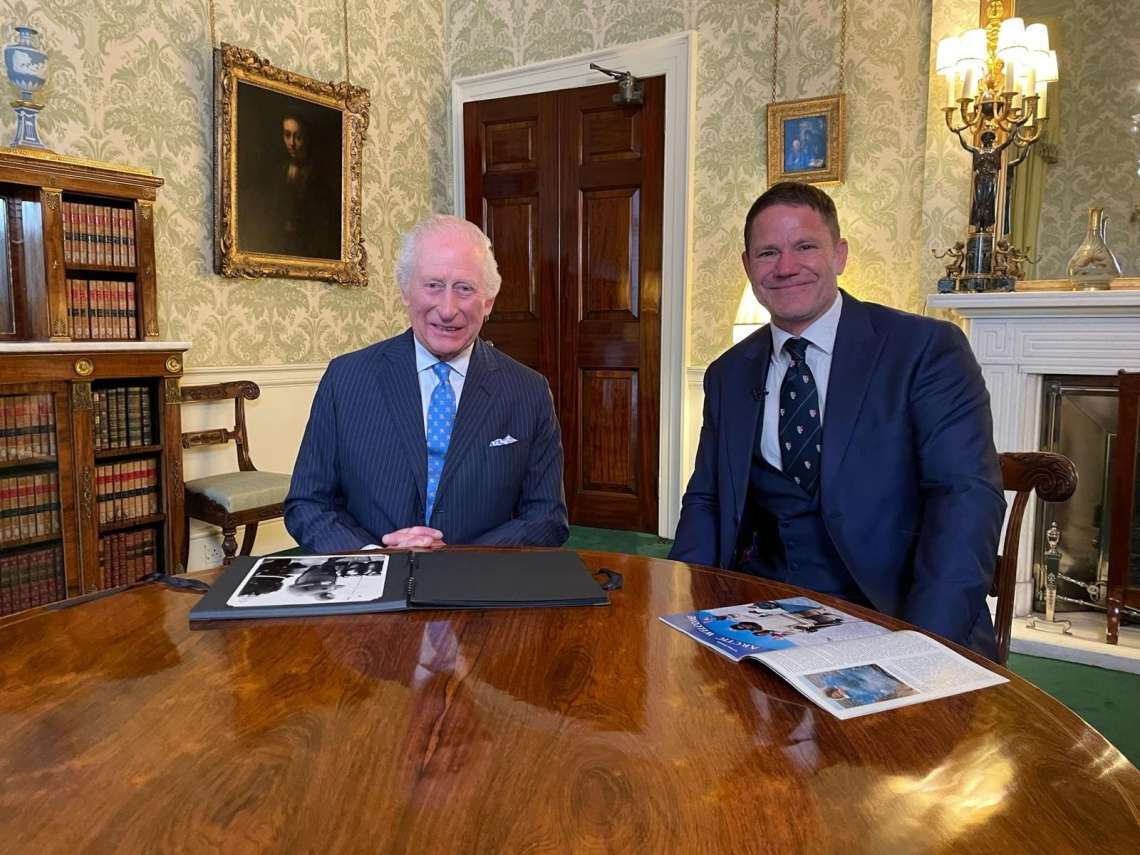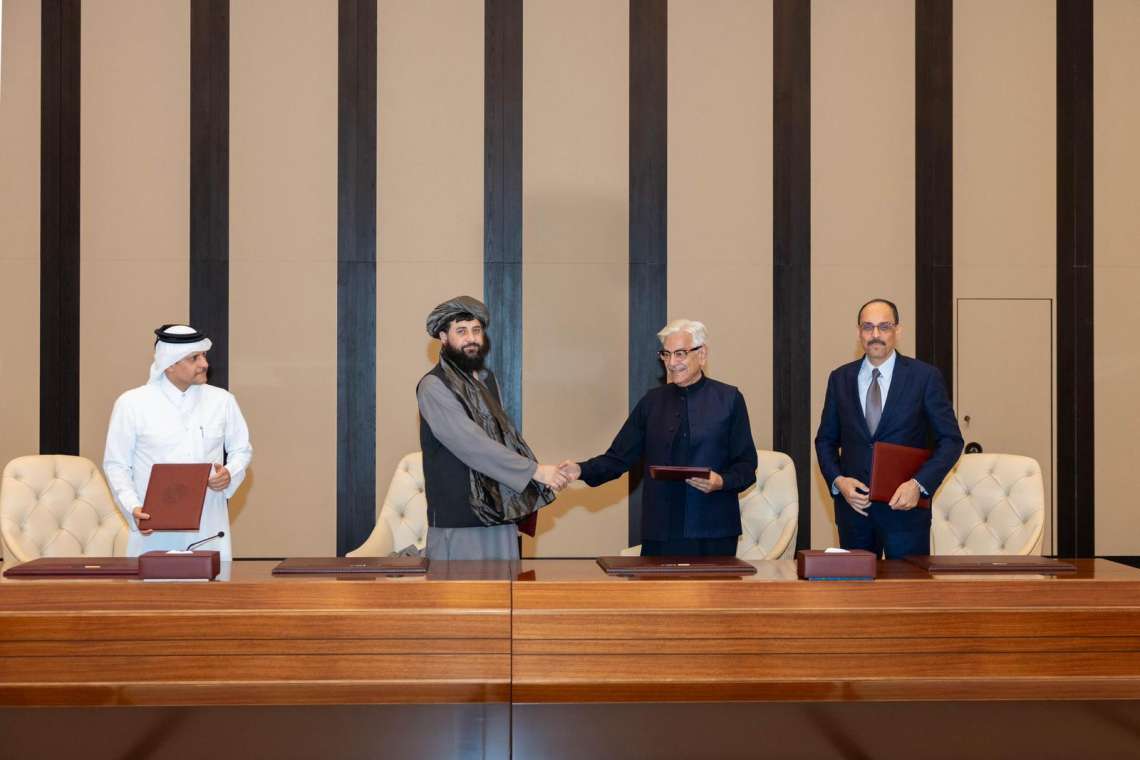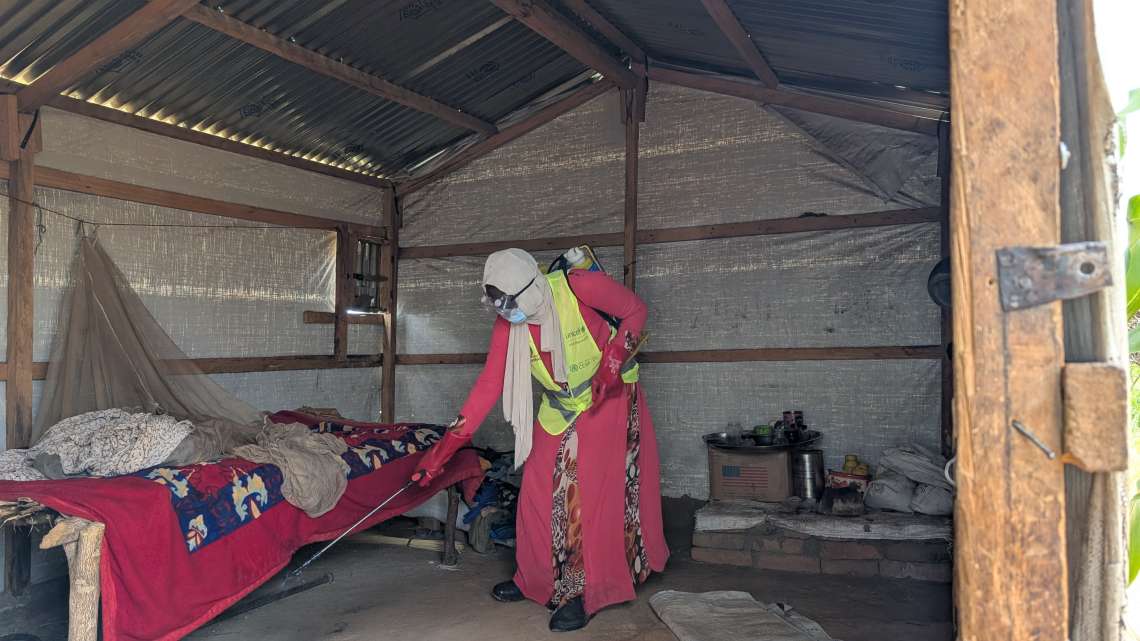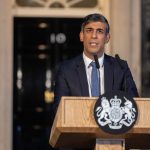The delay signals a growing diplomatic strain that could affect broader UK-China relations at a sensitive moment for trade, security, and geopolitical cooperation.
Tensions between Britain and China have intensified after Beijing criticised further delays to a planning decision on its proposed “mega embassy” in London. The Chinese Ministry of Foreign Affairs expressed “grave concern and strong dissatisfaction” following the announcement by Housing Secretary Steve Reed that the final decision would be postponed until 10 December, a move that threatens to complicate Prime Minister Keir Starmer’s attempts to reset relations with Beijing.
The row comes amid already strained relations over alleged Chinese espionage in the UK. At a press conference in Beijing on Friday, Lin Jian, a spokesperson for China’s foreign ministry, accused the UK of showing “disregard for contractual spirit, acting in bad faith and without integrity.” Lin added that China had acted “with the utmost sincerity and patience” and warned that the UK should “immediately fulfil its obligations and honour its commitments; otherwise, the British side shall bear all consequences.”
Downing Street has maintained that the embassy decision is quasi-judicial and “independent of the rest of government.” A Prime Minister’s spokesperson emphasised that they did not “recognise any claims of commitments or assurances,” amid accusations from Conservative MPs that ministers had given China private assurances the project would be approved. The proposed embassy, at 20,000 square metres, would become the largest in Europe if constructed.
Meanwhile, Oliver Robbins, head of the Foreign Office, is in China discussing the embassy application as well as planned refurbishments to Britain’s embassy in Beijing. Last year, The Guardian reported that Beijing had refused to allow the works to proceed while the fate of its London embassy remained under review.
The issue has presented a delicate challenge for Starmer, who is seeking to attract Chinese investment for major UK infrastructure projects. However, his efforts have repeatedly run into complications, including recent controversies over espionage allegations and the embassy application.
Beijing purchased the London site near the Tower of London in 2018 for £255 million, but Tower Hamlets council refused permission in 2022, sparking negotiations over whether the project could proceed. After Labour took office, China resubmitted its plans, and Xi Jinping raised the matter directly with Starmer in a phone call in August 2024. At the G20 summit in November 2024, Starmer told Xi: “You raised the Chinese embassy building in London when we spoke on the telephone. We have since taken action by calling in that application.”
Angela Rayner initially handled the decision in her role as housing secretary but was replaced by Reed days before a 9 September deadline. That deadline was first extended to 21 October after China redacted portions of its plans citing security concerns. The latest delay comes amid a separate espionage controversy involving two British citizens, Christopher Cash and Christopher Berry, accused of spying for China. Their case collapsed last month, leading to speculation that government interventions aimed to preserve diplomatic ties.
Parliamentarians have written to Jonathan Powell, the national security adviser, his deputy Matthew Collins, and Chris Wormald, the cabinet secretary, seeking clarification on the matter, underscoring the ongoing scrutiny of the UK’s handling of China’s embassy proposal.
This delay signals a growing diplomatic strain that could affect broader UK-China relations at a sensitive moment for trade, security, and geopolitical cooperation.




